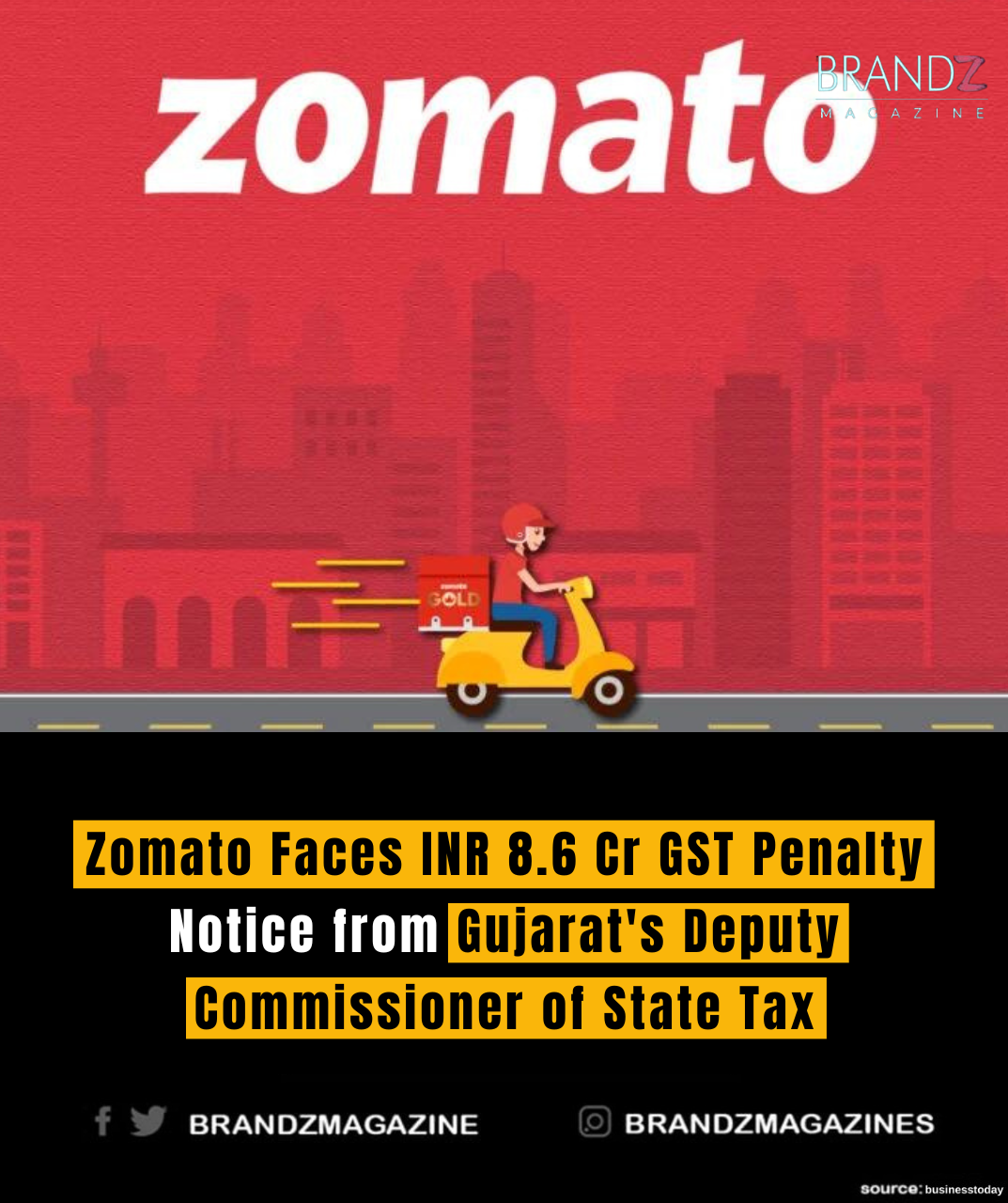
In a recent development, Zomato, a leading food delivery and restaurant discovery platform, has received a notice from Gujarat’s Deputy Commissioner of State Tax, imposing an INR 8.6 crore penalty for alleged GST violations. This news has sent ripples through the business and regulatory communities, prompting discussions and analysis of the implications for Zomato and the broader e-commerce sector. Let’s delve into the details of this penalty notice and its potential impact on Zomato’s operations and compliance strategies.
The penalty notice from Gujarat’s Deputy Commissioner of State Tax alleges that Zomato has violated GST regulations by allegedly collecting and not depositing GST on the full amount of the food orders processed through its platform. This issue has raised concerns about tax compliance in the e-commerce space, where platforms like Zomato act as intermediaries between customers and restaurants, handling payments and facilitating transactions.
Zomato’s response to the penalty notice is crucial, as it will determine how the company addresses the allegations and navigates the regulatory landscape. The company may choose to challenge the notice, citing legal interpretations or procedural defenses, or it could opt to engage in discussions with tax authorities to resolve the matter amicably.
The implications of this penalty notice extend beyond Zomato to the broader e-commerce and digital services sectors. It highlights the importance of robust tax compliance frameworks and transparency in financial transactions, especially in industries where digital platforms play a significant role in facilitating commerce and revenue generation.
Additionally, this incident underscores the complexity of GST regulations and the challenges faced by businesses in ensuring full compliance across multiple jurisdictions. E-commerce platforms operate in a dynamic environment with varying tax laws and interpretations, requiring continuous monitoring, assessment, and adaptation to regulatory changes.
For Zomato, addressing the GST penalty notice involves not only financial implications but also reputational considerations. How the company communicates and resolves this issue will impact stakeholder confidence, investor perceptions, and regulatory relationships, influencing its long-term growth trajectory and market positioning.
In conclusion, Zomato’s INR 8.6 crore GST penalty notice from Gujarat’s Deputy Commissioner of State Tax raises important questions about tax compliance, regulatory scrutiny, and governance in the e-commerce sector. The outcome of this case will provide insights into the challenges and responsibilities faced by digital platforms in meeting regulatory requirements and maintaining trust and credibility in the market.
As the story unfolds, industry stakeholders, investors, and consumers will closely watch how Zomato addresses this regulatory challenge and strengthens its compliance mechanisms to navigate the evolving regulatory landscape effectively. Stay tuned for updates on this developing story and its impact on the e-commerce ecosystem.

